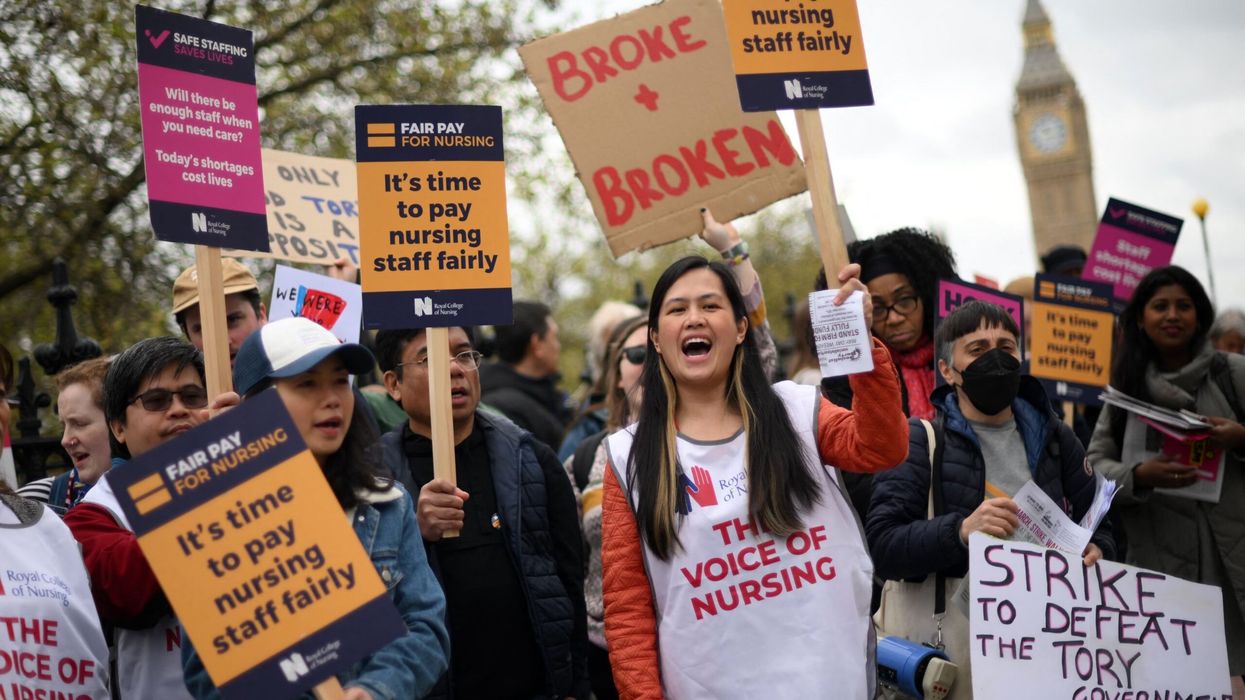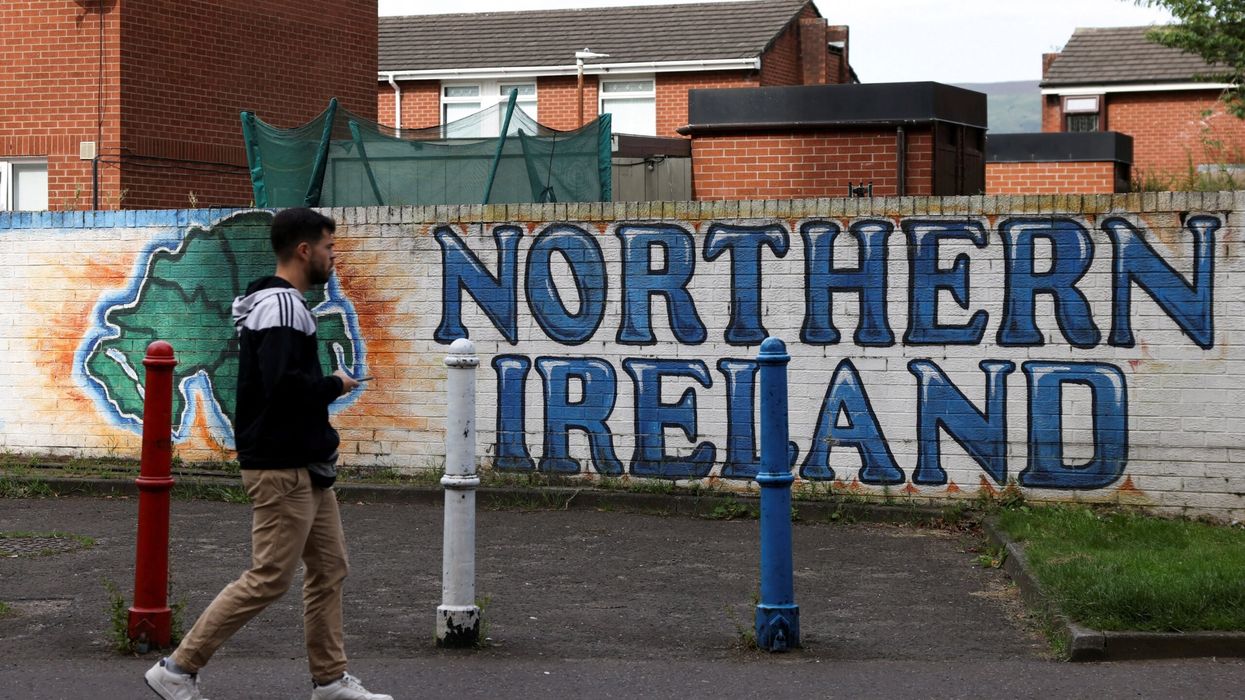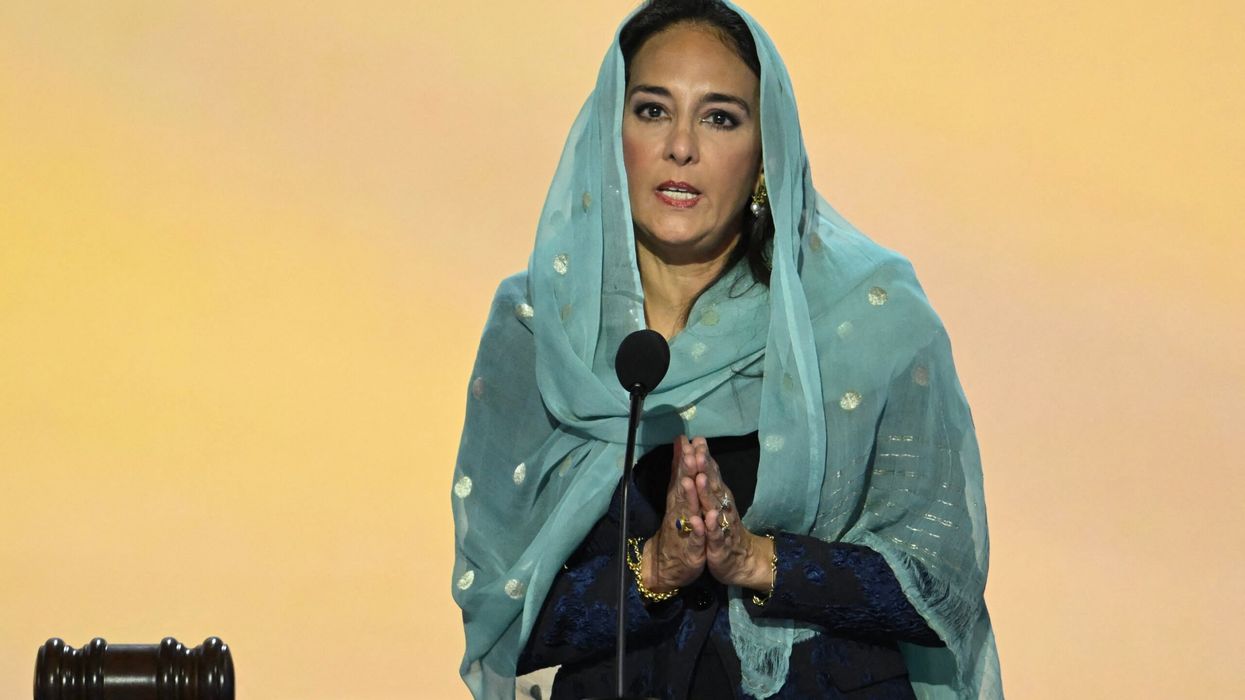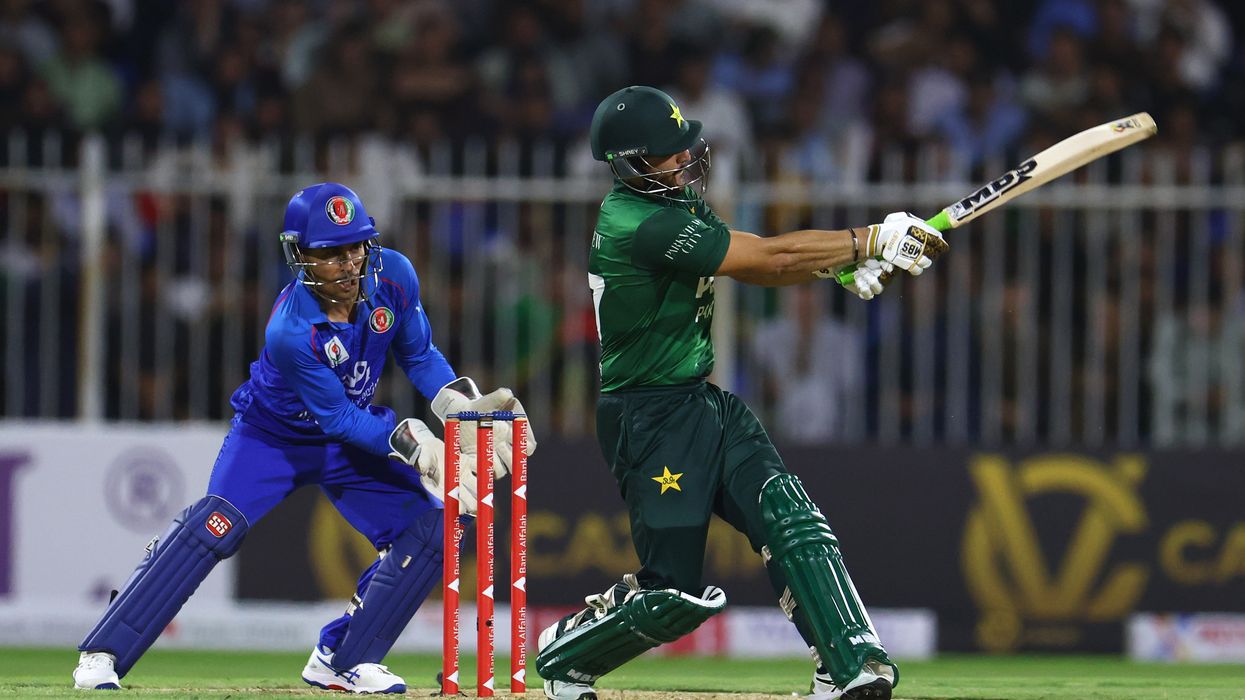Pakistan intensified its crackdown against Islamist militants on Thursday, with the government announcing it had taken control of 182 religious schools and detained more than 100 people as part of its push against banned groups.
The crackdown represents Pakistan's biggest move against banned organisations in years and appears to be targeting Islamic welfare organisations that the United States says are a front for militant activities.
Pakistan is facing pressure from global powers to act against groups carrying out attacks in India, including Jaish-e-Mohammed (JeM), which claimed responsibility for an attack on Feb. 14 that killed at least 40 Indian paramilitary police.
An Indian official, who requested anonymity, said New Delhi was sceptical that the crackdown was real, saying Pakistan had conducted such operations after previous attacks in India only to release detained militants in a "revolving door policy."
"Whether these actions are cosmetic or credible is something yet to be seen," said the Indian official, adding that Pakistan must take "credible, verifiable and immediate" action to end what he charged is a policy of using extremists to wage proxy attacks in India and Afghanistan.
Islamabad denies having such a policy.
Increased tensions between India and Pakistan after last month's bombing led to a confrontation between the nuclear-armed rivals, with both countries carrying out aerial bombing missions and even engaging in a brief dogfight.
Pakistani officials say the crackdown is part of a long-planned drive and not a response to Indian anger over what New Delhi calls Islamabad's failure to rein in militant groups operating on Pakistani soil.
Previous large-scale crackdowns against anti-India militants have broadly been cosmetic, with the proscribed groups able to survive and continue operations.
The interior ministry said law enforcement agencies had placed 121 people in "preventive detention" as part of the crackdown that began this week.
"Provincial governments have taken in their control management and administration of 182 seminaries, the ministry said in a statement, referring to religious schools, also known as madrasas.
What to do with madrasas is a thorny issue in Pakistan, a deeply conservative Muslim nation where religious schools are often blamed for radicalisation of youngsters but are the only education available to millions of poor children.
The interior ministry said other institutions from different groups had been taken over, including 34 schools or colleges, 163 dispensaries, 184 ambulances, five hospitals and eight offices of banned organisations.
Many banned groups such as JeM run seminaries, which counter-terrorism officials say are used as recruiting grounds for militant outfits.
Jamaat-ud-Dawa (JuD), which operates hospitals and a fleet of ambulances, is estimated to run about 300 madrasas across the country. Pakistan's government banned the group this week.
JuD calls itself a humanitarian charity but the U.S. State Department has designated it a "foreign terrorist organisation" and calls it a front for Lashkar-e-Taiba (LET), a Pakistan-based group accused of orchestrating attacks in India, including the 2008 Mumbai attack that killed 166 people.
JuD called the crackdown unfair and said it would seek to counter the government action in courts.
"The whole nation is asking that what message the government wants to send by sealing welfare organisations and kicking students out," said JuD spokesman Yahya Mujahid.
Pakistan has long used Islamist groups to pursue its aims in the region, but it has denied New Delhi's accusations it actively supports militants fighting Indian forces inIndia's part of Muslim-majority Kashmir.
The South Asian neighbours have fought three wars since independence from Britain in 1947, two of them over Kashmir which they both claim in whole but rule in part.

















